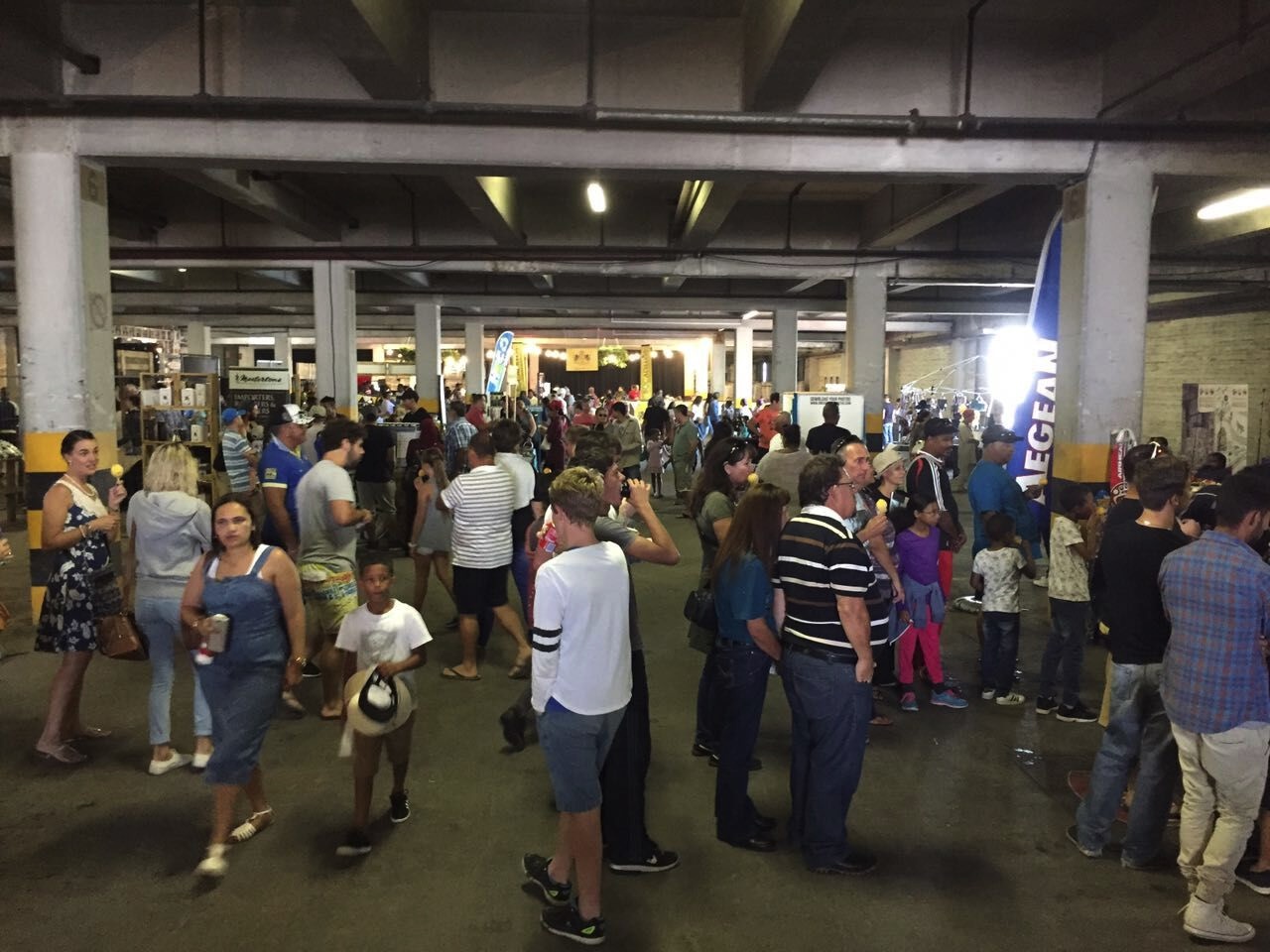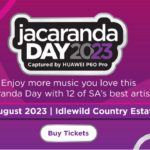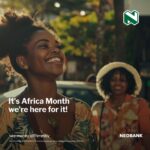 Brands need to become part of the festival conversation, and grab opportunities to connect with revellers with both hands.
Brands need to become part of the festival conversation, and grab opportunities to connect with revellers with both hands.
What does the word festival mean to you? And if you ask the person next to you it will mean something different. The Oxford English dictionary defines festival as: a day or period of celebration, typically for religious celebration. Looking at some of the festivals Magnetic Storm has been involved in, it really is a celebration; the People’s Port Festival celebrates the marine economy and marine animals, Jungala celebrates trance music, and the National Arts Festival celebrates the arts. From diving with sharks without getting a drop of water on you, to a multi-coloured, mesmerising lightshow and visuals mapped onto a set, festival go-ers can always expect experiences that do not disappoint.
From diving with sharks without getting a drop of water on you, to a multi-coloured, mesmerising lightshow and visuals mapped onto a set, festival go-ers can always expect experiences that do not disappoint.
So, as we begin planning the second Peopl’e Port Festival after a successful 2017 event and an intricate pitch process, I find myself in a prime opportunity to review the successes of the past festivals and consider what brands can do to maximise their potential for their next festival or activation.
Embrace the full festival journey, from ticket purchase to aftermath
Too often brands focus on just a ticket giveaway competition on social media and physical activation at a festival and fail to consider other touchpoints along the festival journey. For a consumer, a festival spans much more than just the days it runs; it involves the excitement and discussion once the line-up, entertainment or attractions are announced, it’s sharing memories after the event and, of course, watching the after movie. Tomorrowland does this extremely well, its after movies have received millions of YouTube views. There is a massive opportunity for brands to tap in to and even hijack numerous festival touchpoints.
For a consumer, a festival spans much more than just the days it runs; it involves the excitement and discussion once the line-up, entertainment or attractions are announced, it’s sharing memories after the event and, of course, watching the after movie. Tomorrowland does this extremely well, its after movies have received millions of YouTube views. There is a massive opportunity for brands to tap in to and even hijack numerous festival touchpoints.
Understand the micro trends and capitalise on them
Each festival is different and has its own micro trends that matter to its particular audience. By using social listening, brands can identify these trends and create activations that have a deeper resonance with consumers because they are more in tune with the conversations specific to that festival, its nuances and its quirks.
Become synonymous It is tempting to create new experiences each year and appear at different festivals with different offerings. However, this misses an opportunity to build credibility. Brands that consistently play an important role at the same festival over several years give themselves authority in the eyes of festival goers and they weave themselves into the fabric of that festival. Standard Bank has been involved with the National Arts Festival for many years and its awards are what the artists chase for recognition.
It is tempting to create new experiences each year and appear at different festivals with different offerings. However, this misses an opportunity to build credibility. Brands that consistently play an important role at the same festival over several years give themselves authority in the eyes of festival goers and they weave themselves into the fabric of that festival. Standard Bank has been involved with the National Arts Festival for many years and its awards are what the artists chase for recognition.
Become part of the conversation
There are trends that stretch across the festival landscape and conversations, and brands can make the most of these to create experiences that resonate with their target market. Through listening to social media you can discover trends that will make you part of the social media conversation and be relevant. These insights will also provide an understanding in terms of festival behaviour that could help dictate activations, ensuring brands create something meaningful that can help make smaller budgets go further.
Don’t forget the experience
 People don’t just go for the big name artists, by far the biggest conversation happening at festivals is around the connections to experiences and the people they’re sharing them with. An experience is what the event marketing team latches on to and hooks messages around. Headliners pique interest, but it’s the experience that gets people coming year after year, gets people talking and creates the buzz.
People don’t just go for the big name artists, by far the biggest conversation happening at festivals is around the connections to experiences and the people they’re sharing them with. An experience is what the event marketing team latches on to and hooks messages around. Headliners pique interest, but it’s the experience that gets people coming year after year, gets people talking and creates the buzz.
From the moment someone buys a ticket, through the festival and beyond, everyone talks about the experience. While budget can be a stumbling block, brands that find a way to become part of the conversation will succeed in connecting with all festival goers.
- MRF Unveils Latest MAPS® Data - 20th February 2025
- The BRC announces changes to the board and updates for 2025 - 17th December 2024
- Top 50 DSTV TV programmes – October 2024 - 12th November 2024





